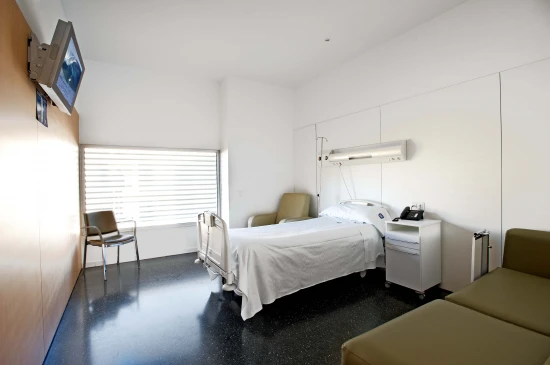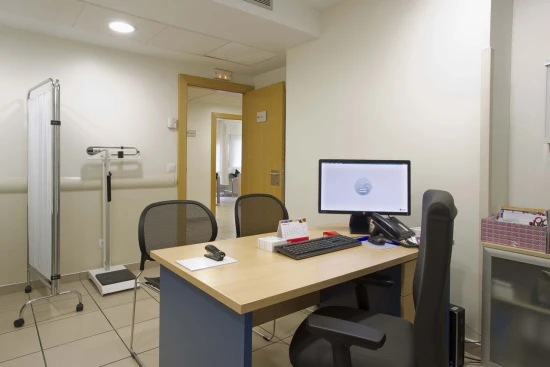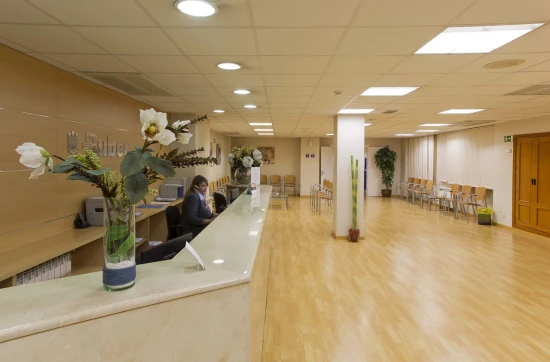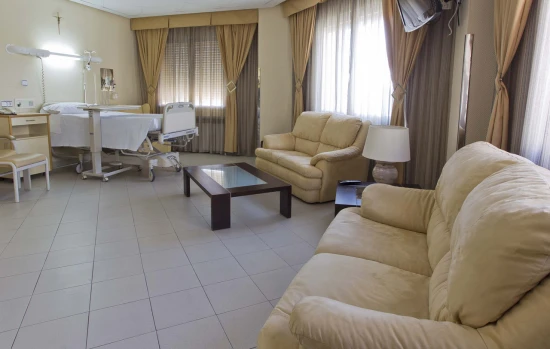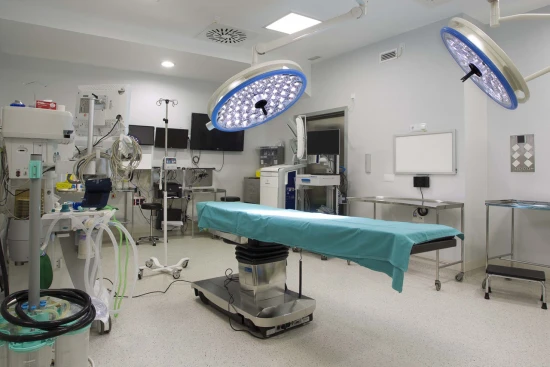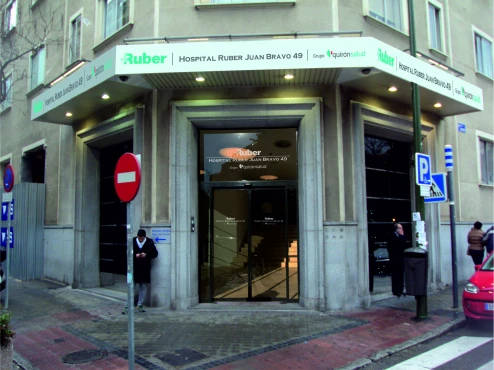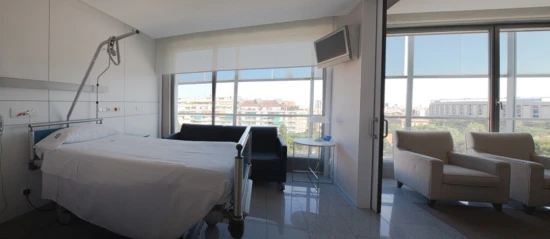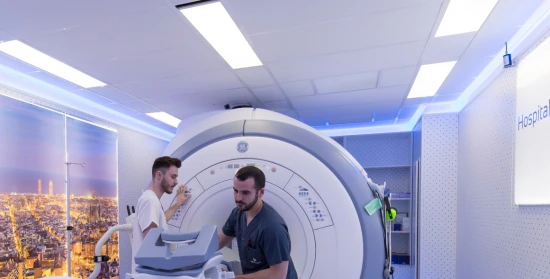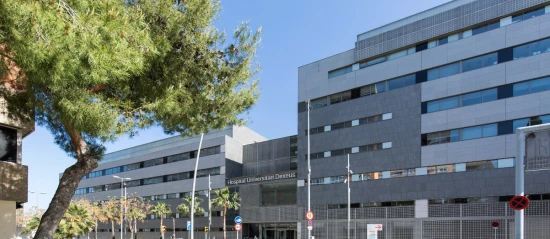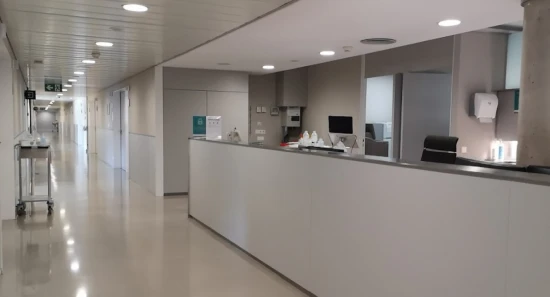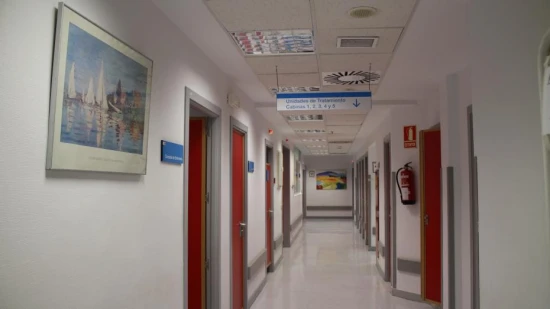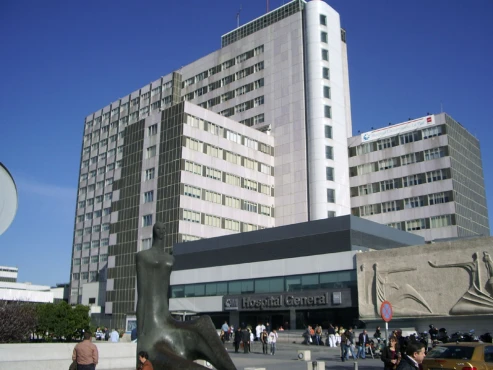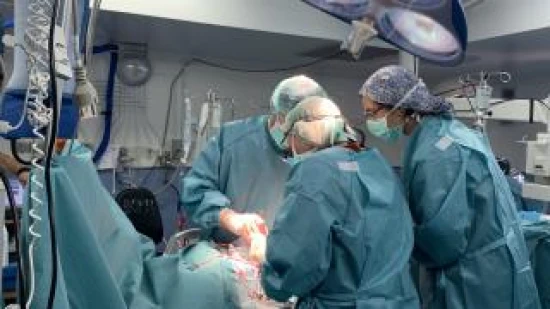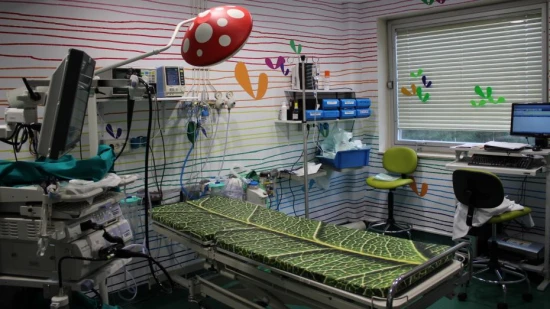Pulmonary valve stenosis treatment in 201 Cardiac surgery clinics in Europe
201 clinics specializing in Cardiac surgery providing treatment of Pulmonary valve stenosis Pulmonary valve stenosis is a heart condition where the pulmonary valve becomes narrowed, restricting blood flow from the right ventricle to the pulmonary artery. This can lead to increased pressure in the right side of the heart and reduced blood flow to the lungs. disease in Europe.
-
Transcatheter pulmonary valve replacement (PVR)
≈ $17,462
-
Open commissurotomy
≈ $9,967
-
Dual chamber pacemaker insertion
≈ $7,631
-
Implantable cardioverter-defibrillator implantation (ICD)
from $2,559
-
Coronary artery bypass graft (CABG)
from $7,677
-
Heart valve replacement
≈ $16,267
-
Heart valve repair
≈ $19,309
-
Aortic valve replacement (AVR)
≈ $18,227
-
Mitral valve replacement (MVR)
≈ $13,862
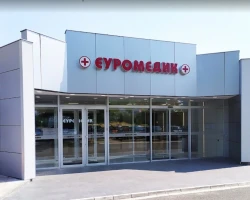
-
Transcatheter pulmonary valve replacement (PVR)
≈ $16,385
-
Open commissurotomy
≈ $8,067
-
Dual chamber pacemaker insertion
≈ $3,454
-
Implantable cardioverter-defibrillator implantation (ICD)
$1,276
-
Coronary artery bypass graft (CABG)
$2,622
-
Heart valve replacement
$2,753
-
Heart valve repair
≈ $5,685
-
Aortic valve replacement (AVR)
$2,205
-
Mitral valve replacement (MVR)
from $2,205

-
Balloon valvuloplasty
≈ $2,264
-
Percutaneous balloon pulmonary valvuloplasty (PBPV)
$1,094 - $1,216
-
Open pulmonary valvotomy
≈ $9,557
-
Dual chamber pacemaker insertion
≈ $3,454
-
Fontan procedure
≈ $5,826
-
Permanent pacemaker implantation
$1,702 - $2,912
-
Radiofrequency ablation (RFA)
≈ $6,068
-
Cardiac catheterization
≈ $953
-
Percutaneous ASD closure
$851 - $982

-
Transcatheter pulmonary valve replacement (PVR)
≈ $16,618
-
Open commissurotomy
≈ $11,135
-
Dual chamber pacemaker insertion
≈ $7,616
-
Coronary artery bypass graft (CABG)
≈ $6,120
-
Heart valve replacement
≈ $22,738
-
Heart valve repair
≈ $21,096
-
Aortic valve replacement (AVR)
≈ $22,039
-
Mitral valve replacement (MVR)
≈ $15,977
-
Transcatheter aortic valve replacement (TAVR)
≈ $31,819
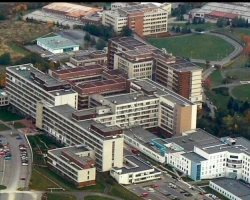
-
Transcatheter pulmonary valve replacement (PVR)
≈ $16,618
-
Balloon valvuloplasty
≈ $16,398
-
Percutaneous balloon pulmonary valvuloplasty (PBPV)
≈ $6,001
-
Open commissurotomy
≈ $11,135
-
Open pulmonary valvotomy
≈ $17,350
-
Dual chamber pacemaker insertion
≈ $7,616
-
Coronary artery bypass graft (CABG)
≈ $6,120
-
Heart valve replacement
≈ $22,738
-
Heart valve repair
≈ $21,096
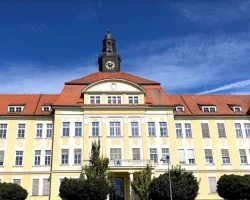
-
Transcatheter pulmonary valve replacement (PVR)
≈ $12,156
-
Balloon valvuloplasty
≈ $11,857
-
Percutaneous balloon pulmonary valvuloplasty (PBPV)
≈ $4,645
-
Open commissurotomy
≈ $7,262
-
Open pulmonary valvotomy
≈ $11,716
-
Dual chamber pacemaker insertion
≈ $1,795
-
Coronary artery bypass graft (CABG)
≈ $8,046
-
Heart valve replacement
≈ $11,697
-
Heart valve repair
≈ $14,842
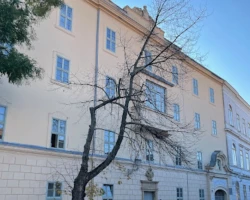
-
Transcatheter pulmonary valve replacement (PVR)
≈ $12,156
-
Balloon valvuloplasty
≈ $11,857
-
Percutaneous balloon pulmonary valvuloplasty (PBPV)
≈ $4,645
-
Open commissurotomy
≈ $7,262
-
Open pulmonary valvotomy
≈ $11,716
-
Dual chamber pacemaker insertion
≈ $1,795
-
Coronary artery bypass graft (CABG)
≈ $8,046
-
Heart valve replacement
≈ $11,697
-
Heart valve repair
≈ $14,842
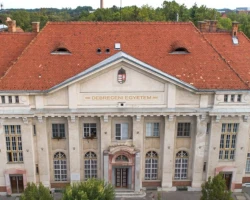
-
Transcatheter pulmonary valve replacement (PVR)
≈ $24,538
-
Balloon valvuloplasty
≈ $22,961
-
Percutaneous balloon pulmonary valvuloplasty (PBPV)
≈ $9,419
-
Open commissurotomy
≈ $15,907
-
Open pulmonary valvotomy
≈ $23,667
-
Dual chamber pacemaker insertion
≈ $10,113
-
Coronary artery bypass graft (CABG)
≈ $29,124
-
Heart valve replacement
≈ $32,950
-
Heart valve repair
≈ $30,870
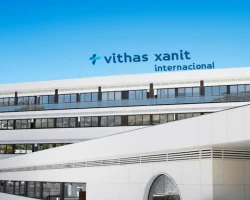
-
Transcatheter pulmonary valve replacement (PVR)
≈ $16,618
-
Balloon valvuloplasty
≈ $16,398
-
Percutaneous balloon pulmonary valvuloplasty (PBPV)
≈ $6,001
-
Open commissurotomy
≈ $11,135
-
Open pulmonary valvotomy
≈ $17,350
-
Dual chamber pacemaker insertion
≈ $7,616
-
Coronary artery bypass graft (CABG)
≈ $6,120
-
Heart valve replacement
≈ $22,738
-
Heart valve repair
≈ $21,096

-
Transcatheter pulmonary valve replacement (PVR)
≈ $39,955
-
Dual chamber pacemaker insertion
≈ $19,380
-
Coronary artery bypass graft (CABG)
$38,480
-
Heart valve replacement
$42,473
-
Heart valve repair
≈ $46,416
-
Aortic valve replacement (AVR)
≈ $41,572
-
Mitral valve replacement (MVR)
≈ $35,056
-
Transcatheter aortic valve replacement (TAVR)
$43,817
-
Off-pump coronary artery bypass surgery
≈ $45,867

-
Transcatheter pulmonary valve replacement (PVR)
≈ $25,878
-
Balloon valvuloplasty
≈ $46,300
-
Percutaneous balloon pulmonary valvuloplasty (PBPV)
≈ $7,734
-
Open commissurotomy
≈ $19,083
-
Open pulmonary valvotomy
≈ $29,538
-
Dual chamber pacemaker insertion
≈ $10,990
-
Coronary artery bypass graft (CABG)
≈ $37,562
-
Heart valve replacement
≈ $47,080
-
Heart valve repair
≈ $35,235
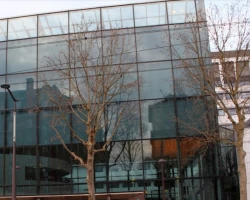
-
Balloon valvuloplasty
$593
-
Percutaneous balloon pulmonary valvuloplasty (PBPV)
≈ $1,557
-
Open commissurotomy
≈ $2,007
-
Open pulmonary valvotomy
≈ $4,491
-
Coronary artery bypass graft (CABG)
≈ $4,463
-
Off-pump coronary artery bypass surgery
≈ $4,743
-
Cardiac catheterization
$242
-
Percutaneous ASD closure
≈ $1,614
-
Percutaneous closure of ventricular septal defect (VSD)
≈ $2,232

-
Transcatheter pulmonary valve replacement (PVR)
≈ $5,238
-
Dual chamber pacemaker insertion
≈ $3,742
-
Coronary artery bypass graft (CABG)
$36,790
-
Heart valve replacement
≈ $6,571
-
Heart valve repair
≈ $7,439
-
Aortic valve replacement (AVR)
≈ $11,153
-
Mitral valve replacement (MVR)
≈ $4,997
-
Transcatheter aortic valve replacement (TAVR)
≈ $11,352
-
Off-pump coronary artery bypass surgery
≈ $8,029
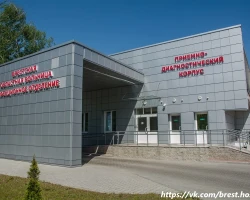
-
Transcatheter pulmonary valve replacement (PVR)
≈ $64,316
-
Dual chamber pacemaker insertion
≈ $22,067
-
Coronary artery bypass graft (CABG)
≈ $48,180
-
Heart valve replacement
≈ $77,730
-
Heart valve repair
≈ $59,351
-
Aortic valve replacement (AVR)
≈ $54,600
-
Mitral valve replacement (MVR)
≈ $59,301
-
Transcatheter aortic valve replacement (TAVR)
≈ $143,179
-
Off-pump coronary artery bypass surgery
≈ $54,438

-
Transcatheter pulmonary valve replacement (PVR)
≈ $64,316
-
Dual chamber pacemaker insertion
≈ $22,067
-
Heart valve replacement
≈ $77,730
-
Heart valve repair
≈ $59,351
-
Aortic valve replacement (AVR)
≈ $54,600
-
Mitral valve replacement (MVR)
≈ $59,301
-
Transcatheter aortic valve replacement (TAVR)
≈ $143,179
-
Permanent pacemaker implantation
≈ $22,034
-
Radiofrequency ablation (RFA)
≈ $56,796

-
Balloon valvuloplasty
≈ $22,961
-
Percutaneous balloon pulmonary valvuloplasty (PBPV)
≈ $9,419
-
Open commissurotomy
≈ $15,907
-
Open pulmonary valvotomy
≈ $23,667
-
Dual chamber pacemaker insertion
≈ $10,113
-
Permanent pacemaker implantation
≈ $10,911
-
Radiofrequency ablation (RFA)
≈ $26,940
-
Coronary catheterization
≈ $2,556
-
Percutaneous coronary intervention (PCI) with stent insertion
≈ $11,787

-
Transcatheter pulmonary valve replacement (PVR)
≈ $24,538
-
Balloon valvuloplasty
≈ $22,961
-
Percutaneous balloon pulmonary valvuloplasty (PBPV)
≈ $9,419
-
Open commissurotomy
≈ $15,907
-
Open pulmonary valvotomy
≈ $23,667
-
Dual chamber pacemaker insertion
≈ $10,113
-
Coronary artery bypass graft (CABG)
≈ $29,124
-
Heart valve replacement
≈ $32,950
-
Heart valve repair
≈ $30,870

-
Transcatheter pulmonary valve replacement (PVR)
≈ $24,538
-
Dual chamber pacemaker insertion
≈ $10,113
-
Coronary artery bypass graft (CABG)
≈ $29,124
-
Heart valve replacement
≈ $32,950
-
Heart valve repair
≈ $30,870
-
Aortic valve replacement (AVR)
≈ $41,535
-
Mitral valve replacement (MVR)
≈ $28,202
-
Transcatheter aortic valve replacement (TAVR)
≈ $27,594
-
Off-pump coronary artery bypass surgery
≈ $23,780
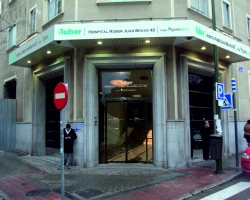
-
Transcatheter pulmonary valve replacement (PVR)
≈ $24,538
-
Balloon valvuloplasty
≈ $22,961
-
Percutaneous balloon pulmonary valvuloplasty (PBPV)
≈ $9,419
-
Open commissurotomy
≈ $15,907
-
Open pulmonary valvotomy
≈ $23,667
-
Dual chamber pacemaker insertion
≈ $10,113
-
Coronary artery bypass graft (CABG)
≈ $29,124
-
Heart valve replacement
≈ $32,950
-
Heart valve repair
≈ $30,870
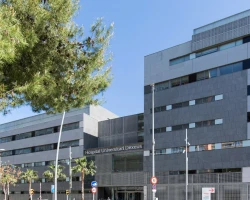
-
Transcatheter pulmonary valve replacement (PVR)
≈ $24,538
-
Dual chamber pacemaker insertion
≈ $10,113
-
Coronary artery bypass graft (CABG)
≈ $29,124
-
Heart valve replacement
≈ $32,950
-
Heart valve repair
≈ $30,870
-
Aortic valve replacement (AVR)
≈ $41,535
-
Mitral valve replacement (MVR)
≈ $28,202
-
Transcatheter aortic valve replacement (TAVR)
≈ $27,594
-
Off-pump coronary artery bypass surgery
≈ $23,780
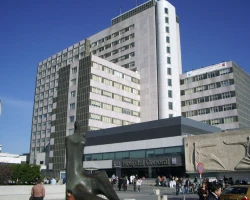
Clinics grouping by rating
Clinic with the highest rating of 5 — Clinical Hospital Lapino in Moscow, Russia and 1 more, clinic with the most reviews number of 3114 — Quirónsalud Madrid University Hospital in Pozuelo de Alarcón, Spain.
With rating 4.0 and over — 49 clinics .
Countries with the highest number of clinics treating the diseases:
Pulmonary valve stenosis:
Related procedures:
Quick navigation
- Balloon angioplasty and stenting of aorta coarctation $1,049 - $53,300
- Cardiac catheterization $242 - $12,056
- Coarctectomy in children $1,156 - $54,215
- Coil embolization of intracardiac shunts and fistulas $715 - $23,606
- Extracorporeal membrane oxygenation (ECMO) $1,979 - $29,966
- Heart tumor surgery $655 - $83,760
- Intraaortic balloon pump (IABP) procedure $155 - $12,056
- Left atrial appendage occlusion $2,167 - $83,242
- MAZE procedure $4,634 - $83,760
- Minimally invasive valvular heart surgery with valve repair or replacement $3,218 - $4,920
- NobleStitch™ PFO closure procedure by request
- Open-heart intracardiac foreign body removal $715 - $83,760
- Patent ductus arteriosus (PDA) open heart surgery in adults $1,518 - $51,325
- Percutaneous ASD closure $238 - $42,111
- Percutaneous closure of ventricular septal defect (VSD) $238 - $40,186
- Rashkind procedure $1,167 - $91,697
- Surgery for tetralogy of Fallot (TOF) in adults $1,887 - $72,366
- Surgical ventricular restoration (SVR) $834 - $71,905
- Transcatheter closure of patent ductus arteriosus (PDA) in adults $608 - $53,300
- Ventricular septal defect (VSD) repair $882 - $122,453
- Aortic valve insufficiency
- Aortic valve stenosis
- Atrial fibrillation (AFib)
- Coarctation of the aorta (CoA)
- Foreign bodies in the heart
- Heart failure
- Heart tumor
- Heart valve disease
- Mitral valve insufficiency
- Mitral valve stenosis
- Multivalvular disease
- Myocardial infarction (MI)
- Pneumonia
- Pulmonary hypertension
- Sinus of valsalva aneurysm (SOVA)
- Tricuspid valve insufficiency
- Tricuspid valve stenosis
- Valvular insufficiency
- Ventricular aneurysm
- Ventricular septal rupture (VSR)
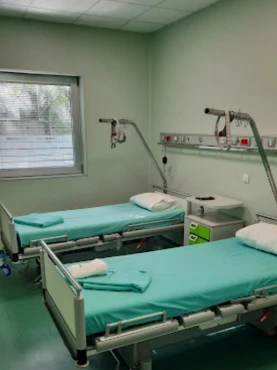

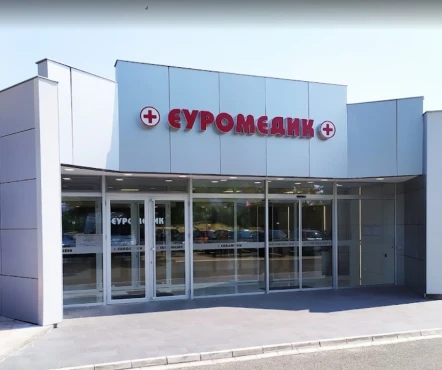
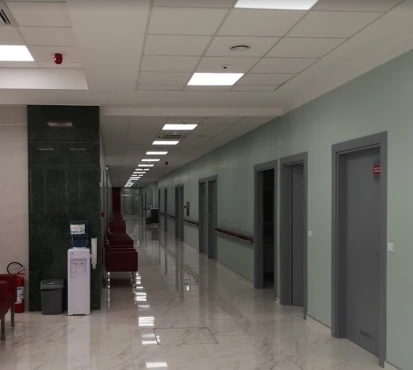
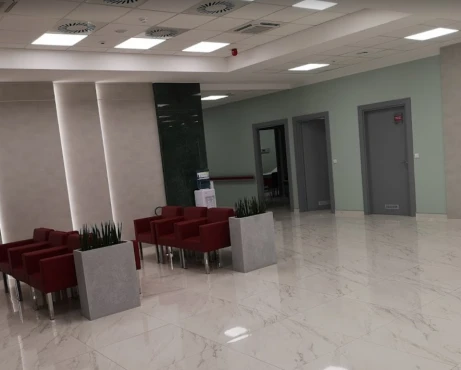
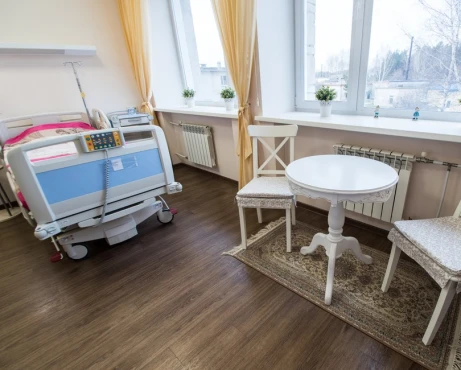
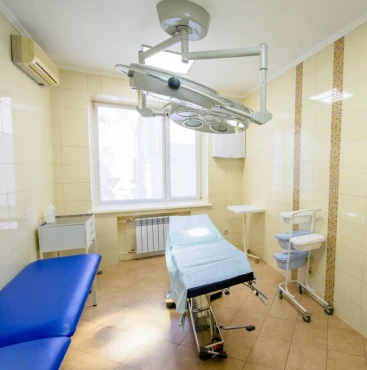

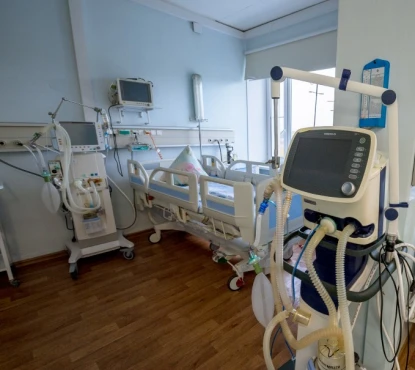
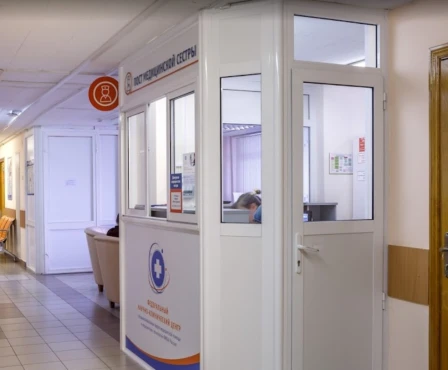
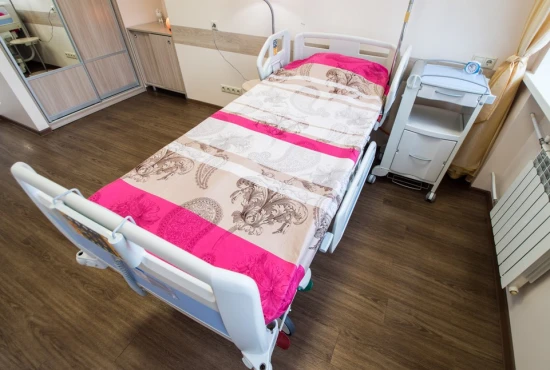
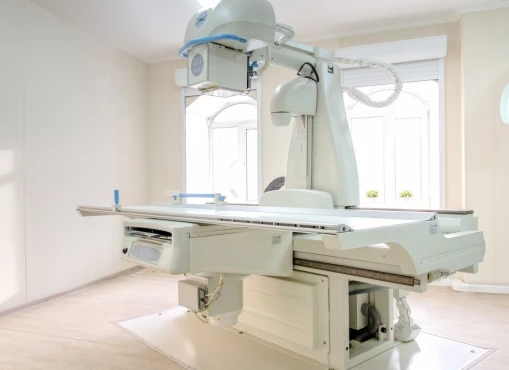
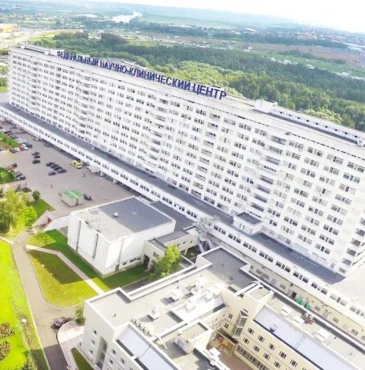
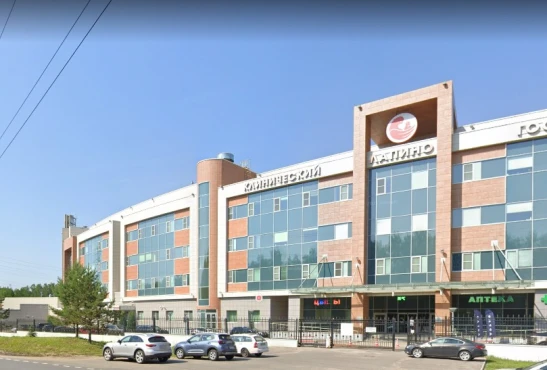
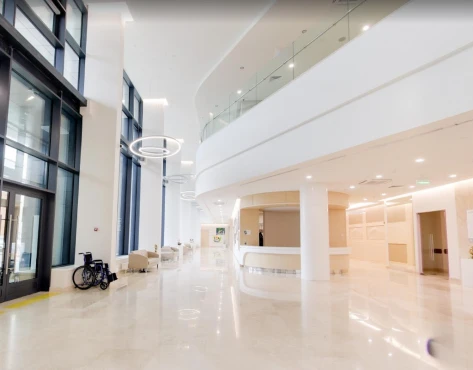
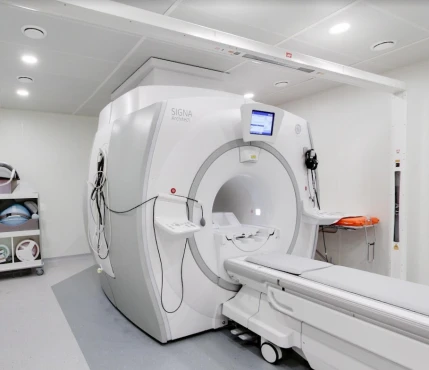

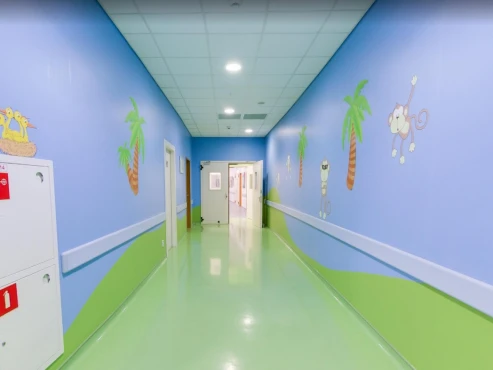
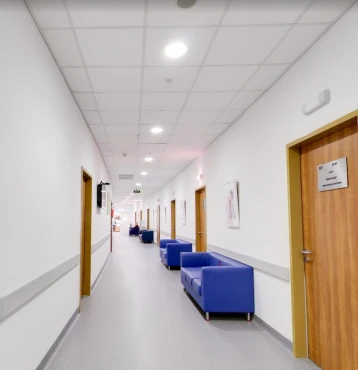
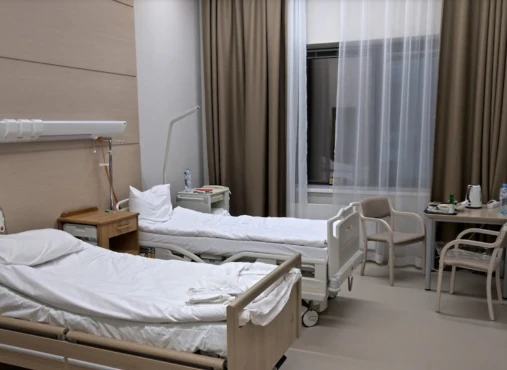
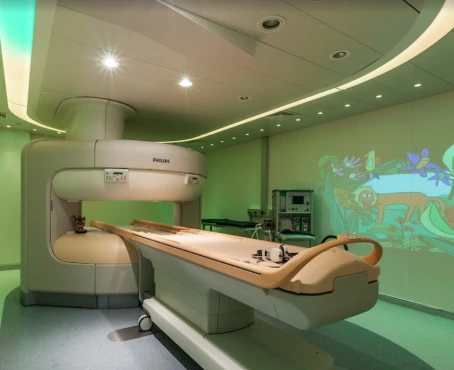
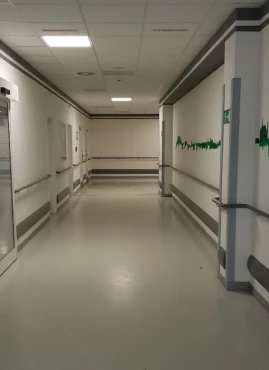

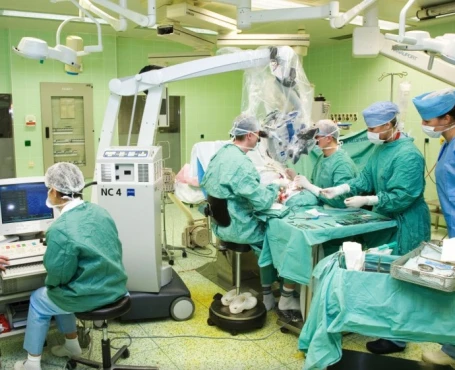
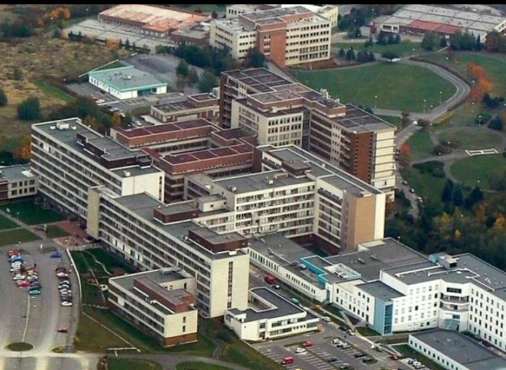
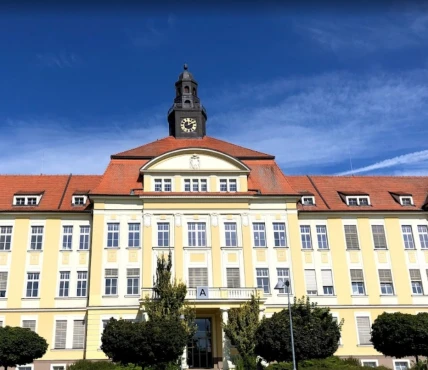

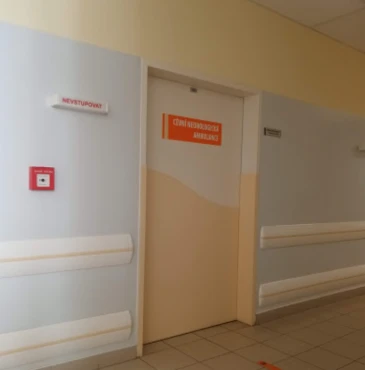
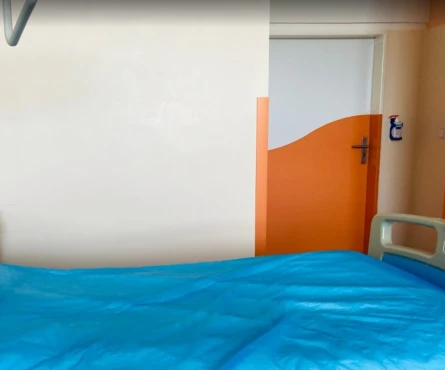
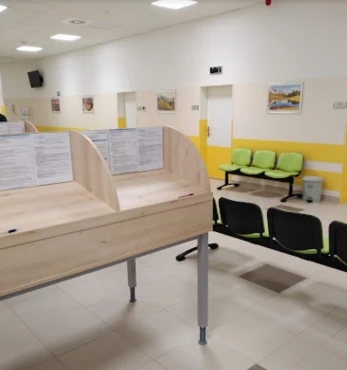
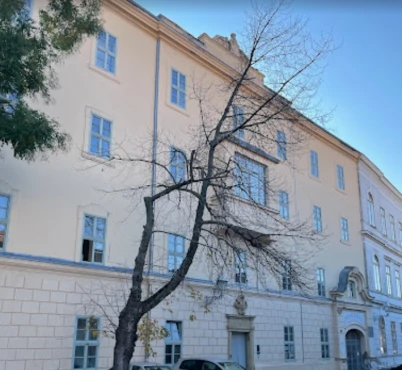
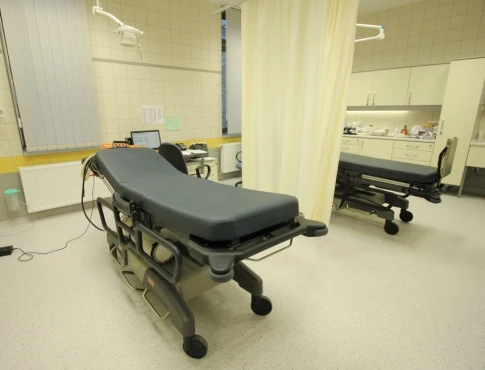
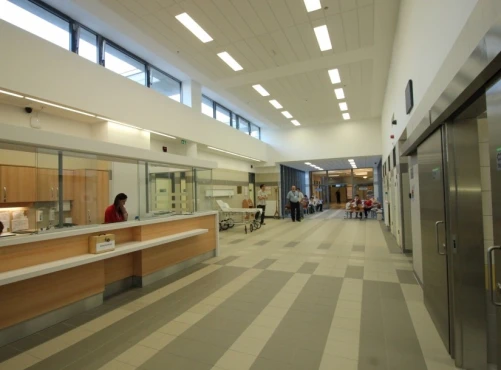
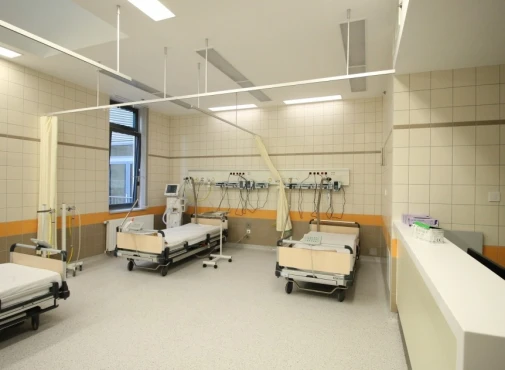
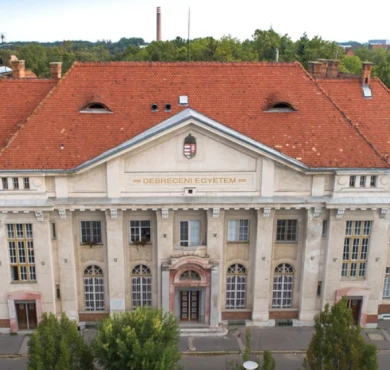
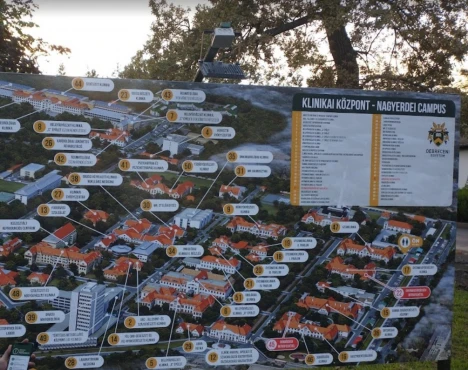
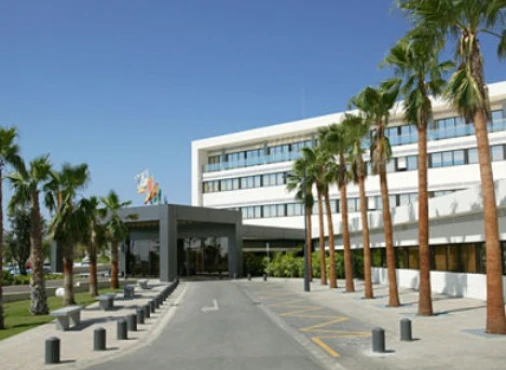
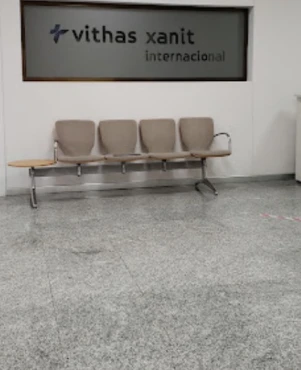

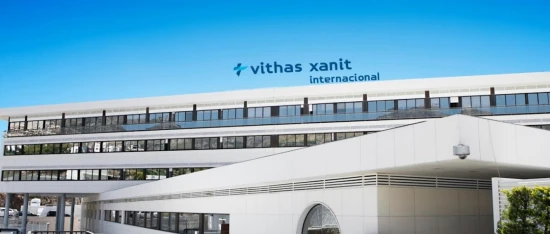
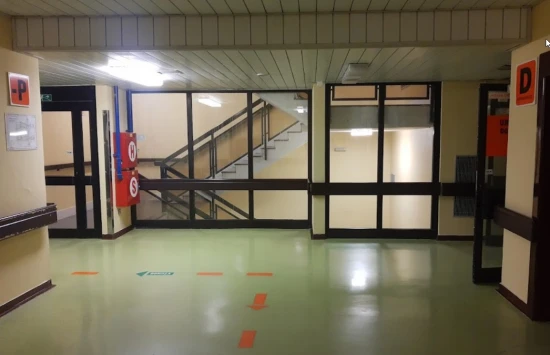

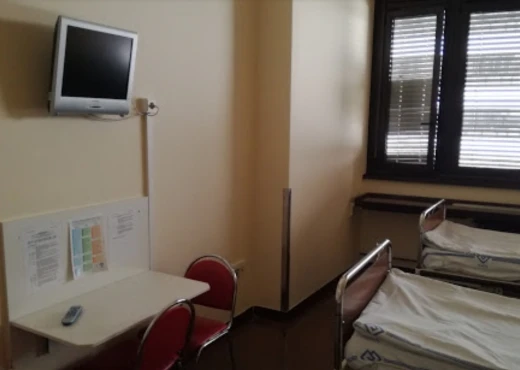
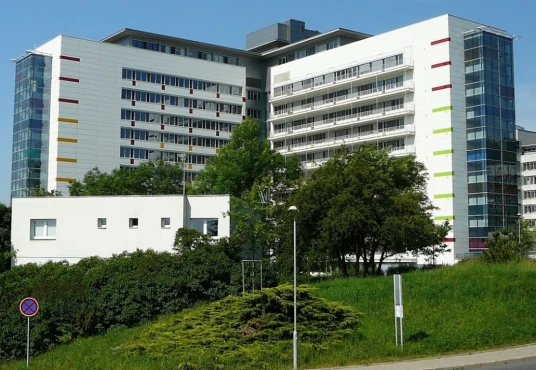


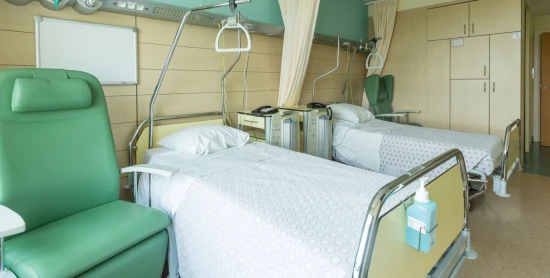
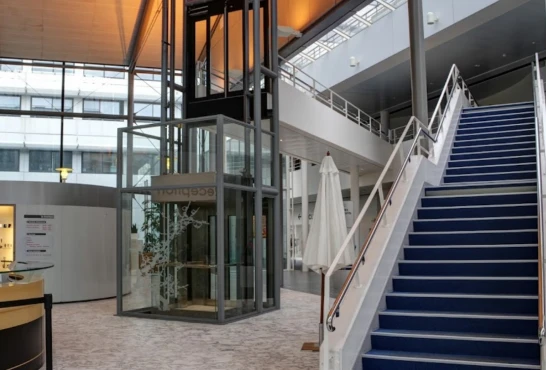
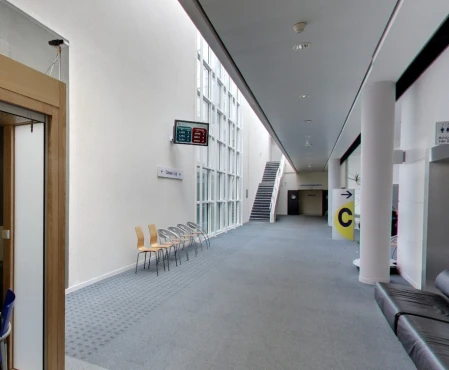
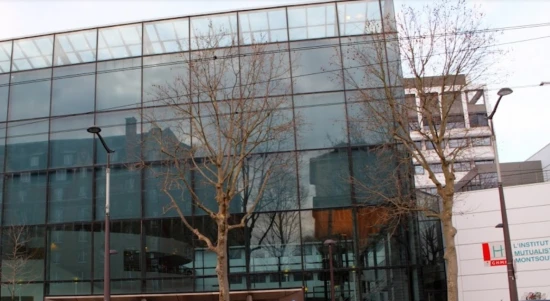
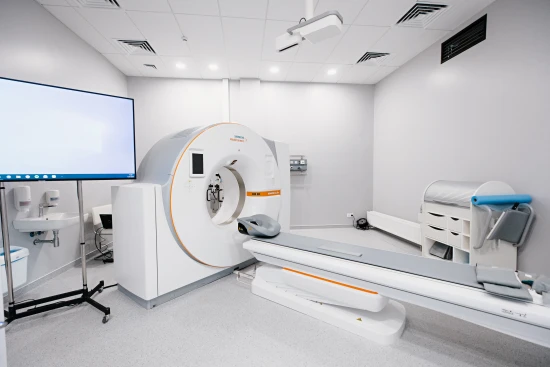
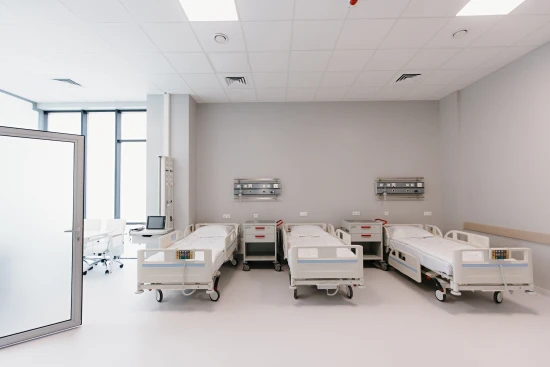
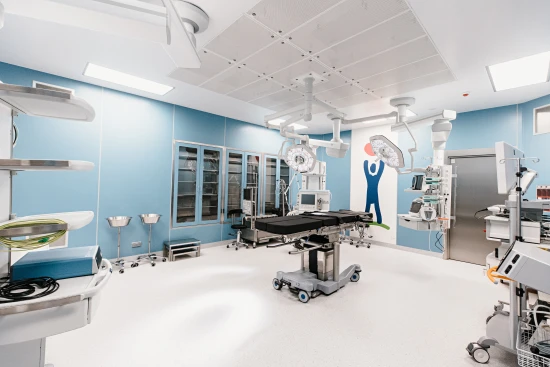

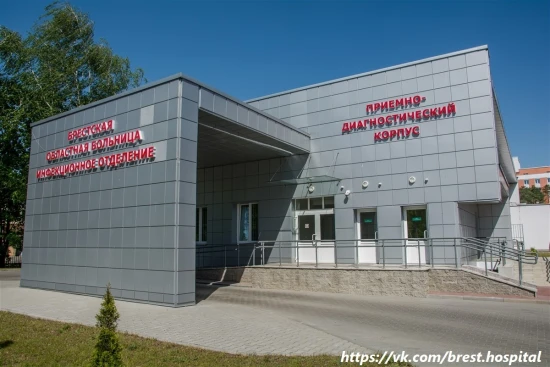
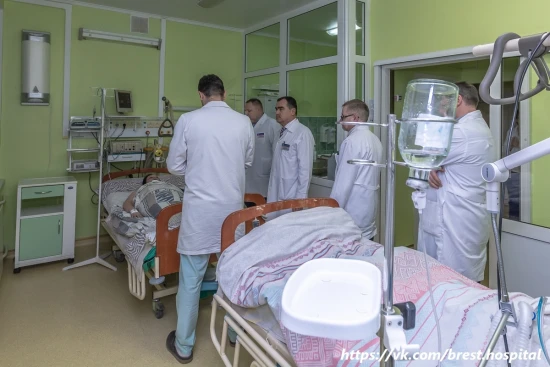
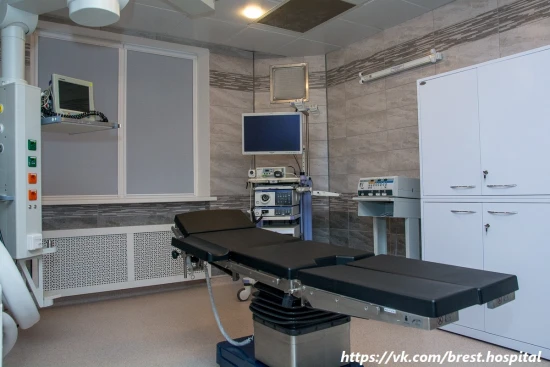
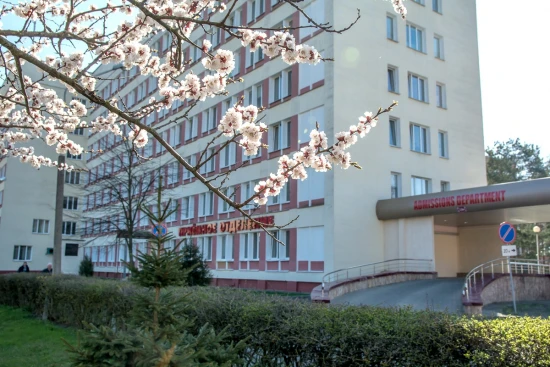
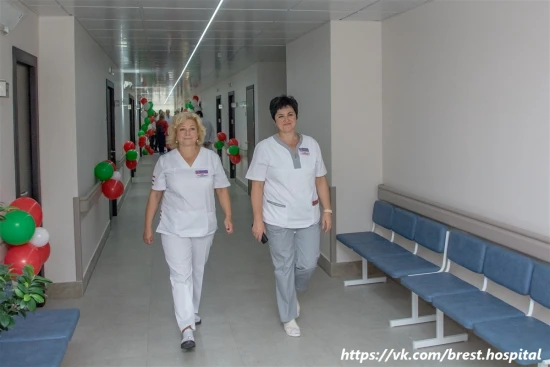

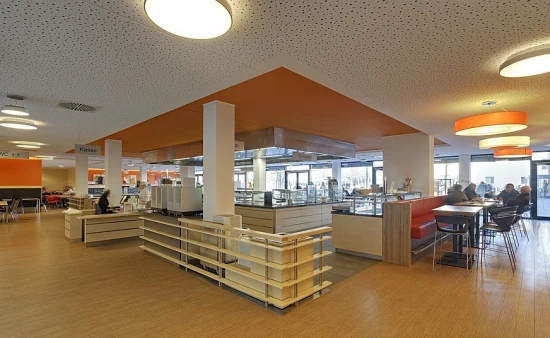


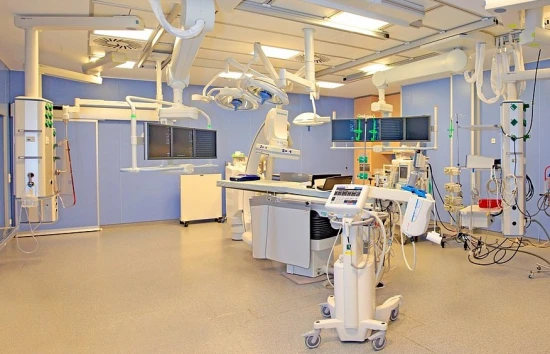
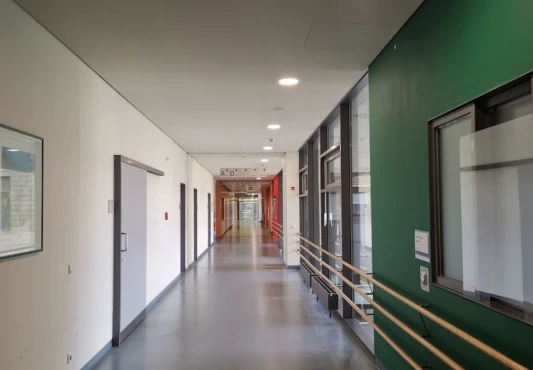
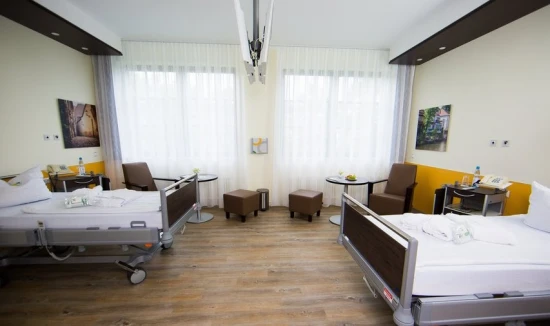
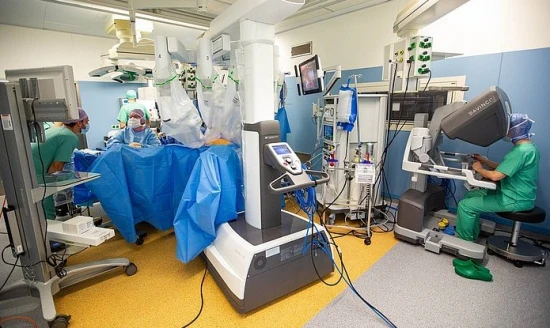

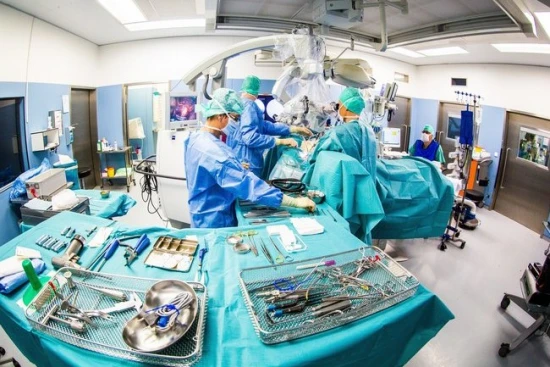
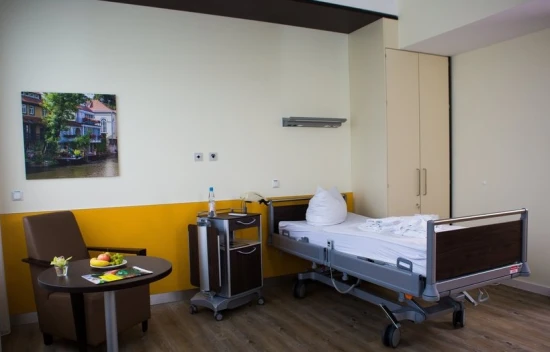
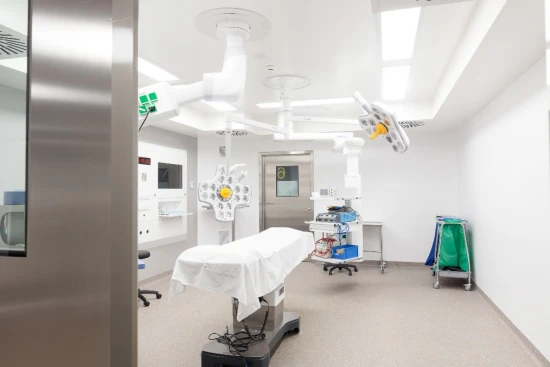
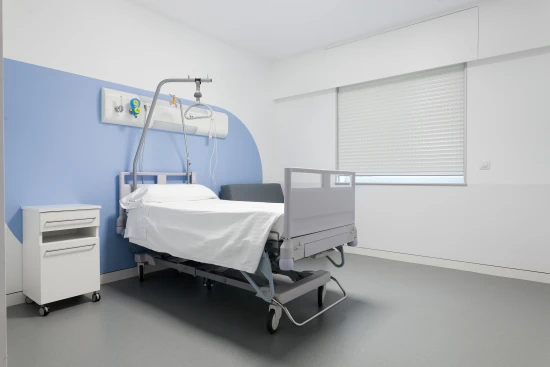
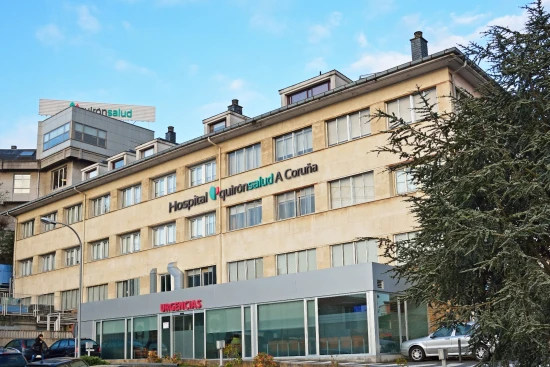
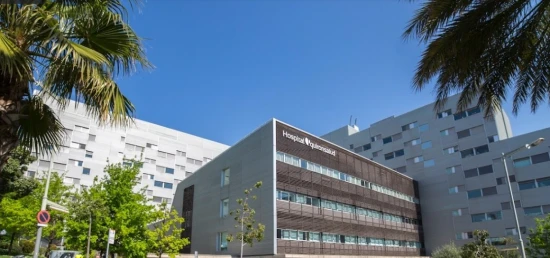
-medium.webp)
